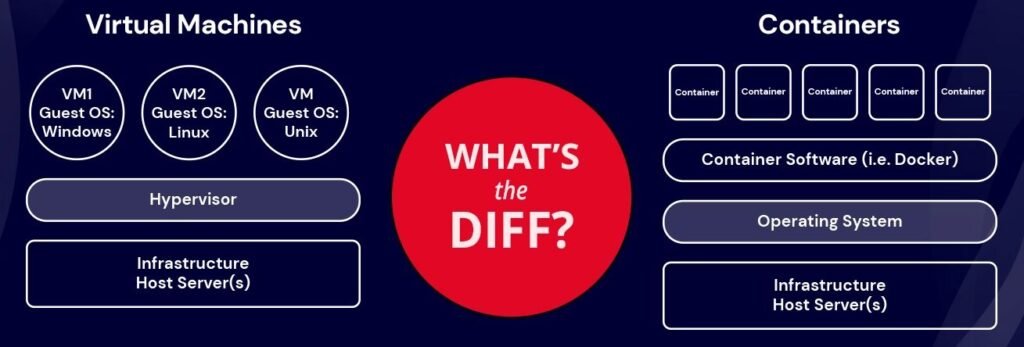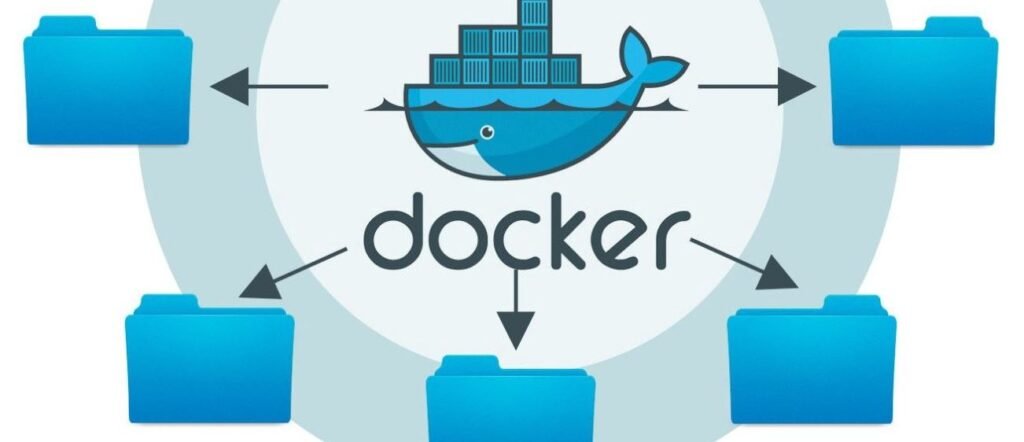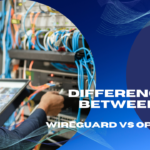
What is the difference between Docker and virtualization? This question is on the minds of many people who are thinking about running containers. This blog explores the difference is between containers and virtual machines as well as the differences between Docker and virtualization.
The advent of cloud computing has brought the era of virtualization. The primary aim of virtualization is to separate the applications from the hardware on which they run. The applications run on the virtual machine and the hardware can be a physical or a virtual one.
What is Virtualization ? Difference Between Docker And Virtualization
Virtualization is a very helpful technique that helps the computer to work on a single platform. The virtualization process is based on the concept of software simulation. Any new software or hardware can be tested before it is brought into the operational environment. It helps to reduce the cost, time, and risk. It helps to overcome any shortage of resources and improve the performance of an application. The virtualization technology is implemented on the top of the operating system.

It is used in the computer industry to provide several virtual machines (VMs) on one physical machine, called a host. It is not necessary that the physical machine, which is hosted by the VM, contains the same architecture. The virtualization technology enhances the performance of the overall software and hardware. There are many different types of virtualization technologies such as server virtualization, desktop virtualization, network virtualization, storage virtualization, and many more.
Virtualization is a buzzword that almost every IT professional has heard by now. However, virtualization is not just a buzzword. It is a technology that has been in use for decades. Virtualization is a web hosting method that allows users to create a virtual machine that can be used to host a website. In a virtual environment, a single physical computer is used to run multiple server instances. In this sense, virtualization is similar to cloud hosting but is not the same.
A virtual machine is like a physical machine in that it is fully functional, and can execute a program and store data persistently. Because virtual machines are software, you can create them on demand, and then destroy them when you no longer need them. This is different from a physical server, where you need to purchase hardware, and then pay for power, cooling, and maintenance. With virtualization, you can create as many virtual machines as you need, and then destroy them when they are not needed.
What Is Hypervisor?
Hypervisor enables multiple operating systems to run on a single host Machine, This hypervisor, also called Virtual Machine Monitor (VMM), creates a virtual environment on the host machine, on top of which multiple guest operating systems are created. So, multiple operating systems, which are multiple instances of the same operating system, or different operating systems, can share the hardware resources offered by the host.
What Is Docker?
What is Docker? Docker is an application that provides a virtual container for software and its dependencies to run on the same operating system. The Docker container is like a virtual machine without the overhead. The benefit of Docker is that it allows you to run almost any operating system (OS) or application inside a container. This allows you to run many different applications on the same computer. You can also move the applications from computer to computer.

Docker is an open platform for developers and sysadmins to build, ship, and run distributed applications. It consists of Docker Engine, a portable, lightweight runtime and packaging tool, and Docker Hub. A cloud service for sharing applications and automating workflows. Docker enables apps to be quickly assembled from components and eliminates the friction between development, QA, and production environments. As a result, IT can ship faster and run the same app, unchanged, on laptops, data center VMs, and any cloud.
What Is Docker Containers?
A container is a way to package an application with all of the parts it needs, such as libraries and other dependencies, and ship it all out as one package. This guarantees that it will run on any Linux machine. Containers are similar to virtual machines. But they run on a single host machine and share the operating system kernel with other containers. Containers are lighter weight and more efficient than virtual machines.
Docker Container vs Hypervisor
Docker Containers and Virtual hypervisors are both involved in creating applications faster and more efficiently, but they process this in different ways.
Hypervisors:
Hypervisors allow an operating system to run independently (separately) from the same hardware through the use of virtual machines. Share the virtual machine, storage and memory resources. It can run multiple operating systems on top of one server/machine or installed on host of one standard operating system. And isolated it from one another (hosted hypervisor).
Containers:
Docker Containers allow applications to run independently of an operating system. Can run on any operating system—all they need is a container engine to run. Docker containers are extremely portable since in a container the application has everything it needs to run. and share the same storage and memory as the hosted server /machine.

Conclusion: Difference Between Docker And Virtualization
So which one is better to use? For me, I use both virtualization and docker technology in one project. Docker is useful when you want to package an application with its dependencies and run it on the same host. I can just pull the image from the registry and run the container. Docker is a more powerful tool than virtualization when it comes to portability. You can run it on any host operating system.
for contact us please visit SGK







